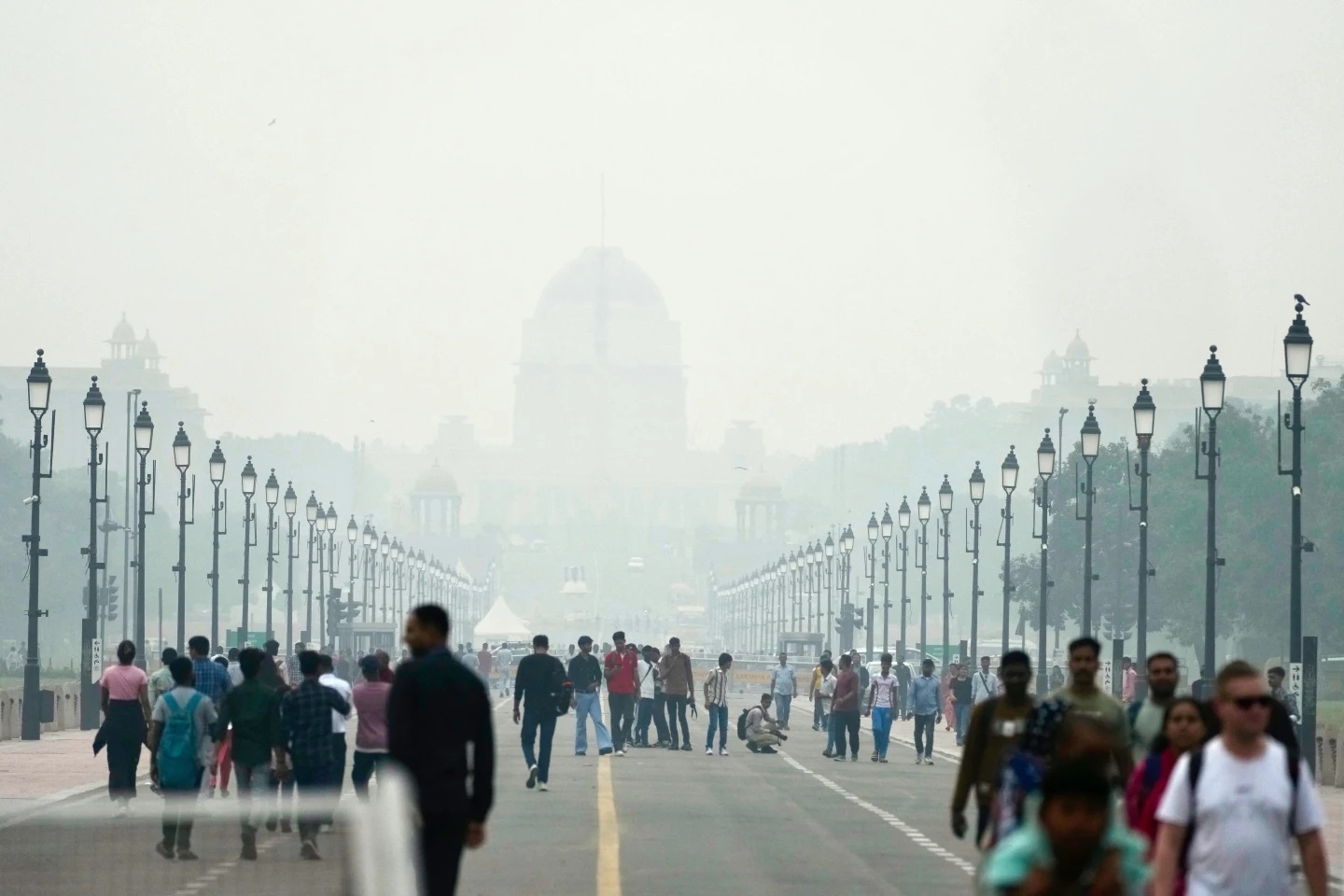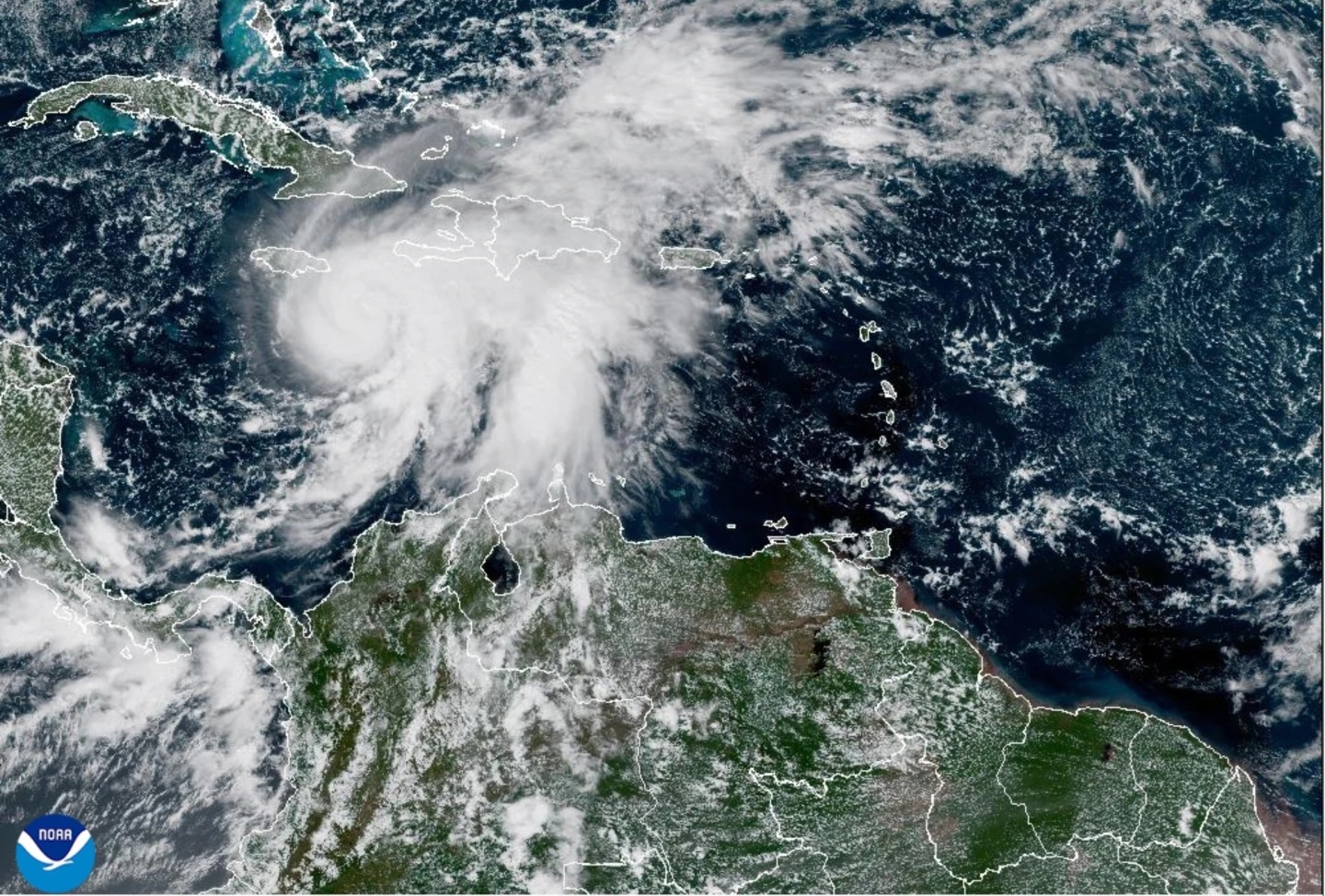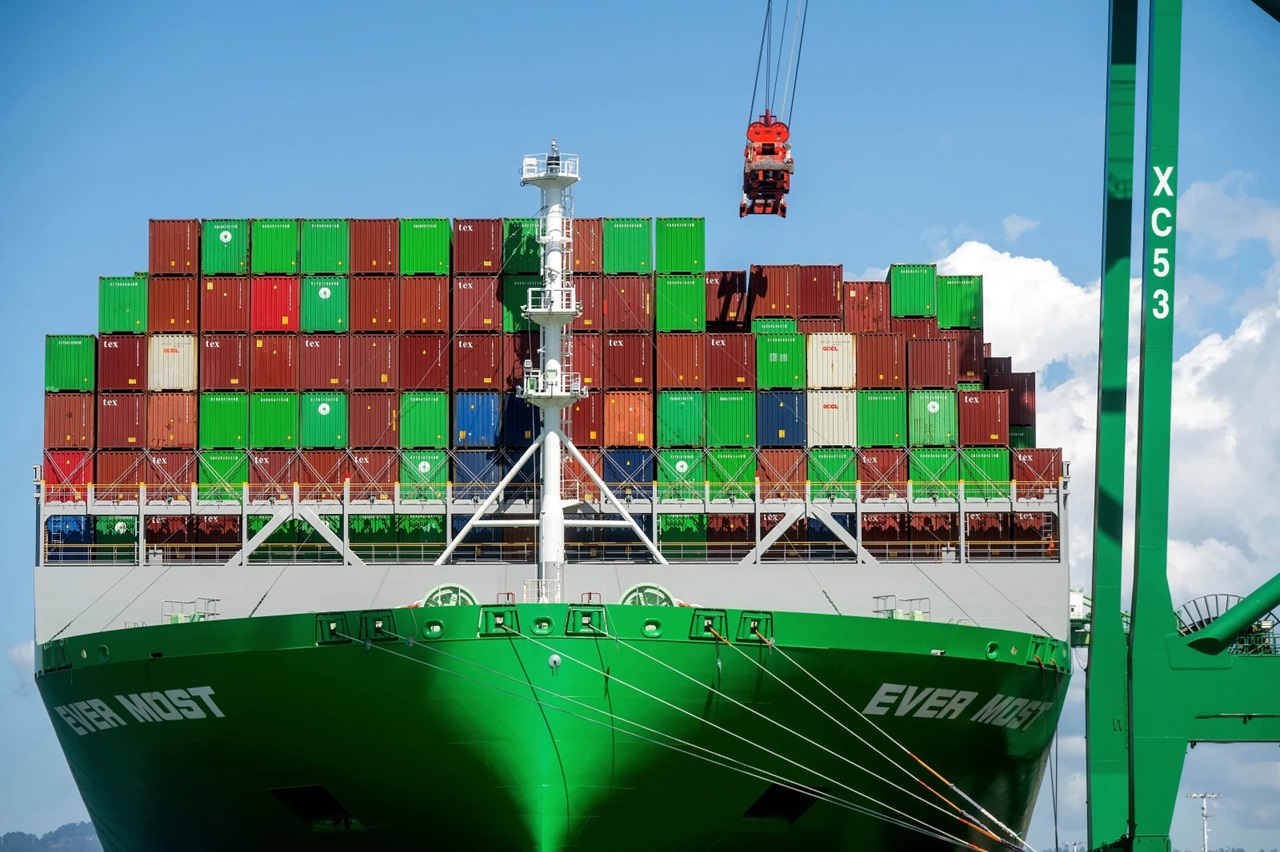
sibi arasu
Climate Reporter- Associated Press
Climate Reporter- AP; UNCA Silver Medal 2021; Red Ink Awards 2019 (Special mention in the Environment category); Asian Environmental Journalist Award 2019; PB Enviro Journalist of the Year 2018.

apnews.com
India’s push for battery recycling promises jobs, clean energy and mineral security
Across India, battery recycling faces a mixture of challenges and opportunity as it plays an important role in the country’s shift to clean power.

apnews.com
Sri Lanka tea workers struggle in poverty. Flooding cost many their lives
Sri Lanka tea workers struggle in poverty. Flooding cost many their lives

apnews.com
Unreliable data mask just how bad the air quality crisis is in India
Environmentalists and data experts said India’s air quality measurement standards are looser than in countries such as the United States, so moderate readings often mask dangerous pollution levels. India’s government air quality standards are also less stringent than World Health Organization guidelines.
Experts said these gaps can erode public trust, even as few residents fully grasp how harmful polluted air is.

apnews.com
Toxic smog blankets New Delhi, disrupting travel and plunging air quality to hazardous levels
Dense toxic smog blanketed India’s capital on Monday, pushing air pollution levels to their worst levels in weeks, disrupting travel and causing authorities to impose the strictest containment measures.

apnews.com
Ocean warmed by climate change fed intense rainfall and deadly floods in Asia, study finds
Ocean temperatures warmed by human-caused climate change fed the intense rainfall that triggered deadly floods and landslides across Asia in recent weeks, according to an analysis released Wednesday.

apnews.com
Climate change threatens Asia’s water and power systems, reports warn
Climate change is battering Asia’s water and power systems and putting millions in harm’s way, forcing countries to pour billions into shoring up basic services, according to two recent reports.

apnews.com
Photos show the daily struggle to breathe in New Delhi’s dense winter smog
For nearly two months, thick layers of toxic smog have enveloped New Delhi, where residents say all they want is their right to breathe clean air.
The acrid smell is not just making their lives miserable — the surging pollution is worsening a public health crisis. Government efforts to fix the National Capital Region, which includes New Delhi and is home to over 46 million people, have not worked.

apnews.com
India delays climate pledge, pressures rich nations on funding at UN climate talks
India is unlikely to submit its climate pledge before the end of the annual United Nations climate summit, raising questions about how the world’s most populous nation can influence others on confronting climate change.

apnews.com
Biofuel pledge at climate summit highlights India’s ethanol blending debate
India’s push to blend ethanol with gasoline shows the benefits and challenges of the sustainable fuel efforts being showcased at global climate talks this week.
Earlier this year, the Indian government announced that it achieved its goal of mixing 20% of the plant-based fuel with gasoline five years ahead of schedule. The world’s most populous country is joining Brazil, Japan and Italy to promote ethanol and other biofuels as part of the Belem 4x initiative.

apnews.com
Cyclone Montha making landfall in India, threatening millions with torrential rains and gusty winds
Cyclone Montha started making landfall along India’s eastern coast, the weather office said late Tuesday, with the storm due to bring torrential rains and strong winds.

apnews.com
India conducts cloud-seeding trial to clear New Delhi’s smog
Indian authorities on Tuesday carried out a cloud-seeding experiment over smog-choked New Delhi in an attempt to induce rainfall and clear the city’s toxic air, which has sparked anger among residents.

apnews.com
As the Atlantic Ocean warms, climate change is fueling Hurricane Melissa’s ferocity
The warming of the world’s oceans caused by climate change helped double Hurricane Melissa’s wind speed in less than 24 hours over the weekend, climate scientists said Monday.

apnews.com
US blocks a global fee on shipping emissions as international meeting ends without new regulations
With trade threats from President Donald Trump, the U.S. derailed the world’s first global carbon fee on shipping as an international maritime meeting adjourned Friday without adopting regulations.

apnews.com
Nations meet to consider regulations to drive a green transition in shipping
The world’s largest maritime nations are gathering in London on Tuesday to consider adopting regulations that would move the shipping industry away from fossil fuels to slash emissions.

apnews.com
As climate risks grow, India’s Bengaluru is trying to save its vanishing lakes
As climate risks grow, India’s Bengaluru is trying to save its vanishing lakes